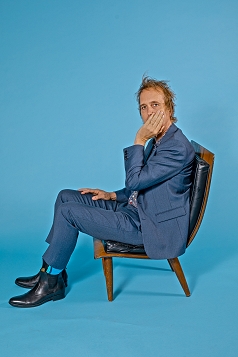BAM - Bay Area Music Magazine
According to legend, guitarist/songwriter Chuck Prophet was asked to join Green On Red after only one impromptu guest appearance with the band at SF’s Oasis in the very early ‘80s. Prophet, whose first two projects, Bad Attitude and Wild Game, had already established him as something of a local guitar hero, contributed to reshaping Green On Red’s musical direction and gained (albeit on an underground level) national recognition as a songwriter and guitarist for his work with the band. Green On Red (now core members Prophet and Dan Stuart and a group of revolving musicians) still exists and will soon be recording new material for their swelling number of British fans. But Prophet’s energy has lately been channeled into his own local ensemble, the Creatures Of Habit (which features co-vocalist Stephanie Finch), and an album, Brother Aldo, that contains many songs recognizable from shows with his band but that’s not, curiously enough, a Creatures Of Habit effort.
“Those are just recordings,” he explains. “I took whoever I could get on a particular date and tried to work the songs up and get them on tape. I’d say Roly (Sally, bassist for both Chris Isaak and the Creatures Of Habit) is probably my main partner in crime on Brother Aldo.”
Although Brother Aldo strikes a more peaceful note than the majority of Prophet-era Green On Red recordings, the record’s material draws from many of the same sources. “I’m really into traditional music,” says Prophet, “country, blues, and folk. I like traditional musical structure, but I try to take an unstructured approach to it. To take that music and just set it slightly sideways.”
Prophet’s approach to guitar playing might likewise be characterized as “slightly sideways with traditional roots.” Onstage he stomps, sways, and grimaces with an odd ferocity, and he says he’s never regarded guitar as either a rhythm or a lead instrument (“I don’t really know the difference”). However, his heroes aren’t at all unexpected . “Ever listen to those Howlin’ Wolf records? Well, there’s this sound that’s all squished together-the guitar, the voice, and the harmonica-and it’s just this AAAAARRRRR, so you can’t make anything out. Well, that’s kind of how I approached guitar playing. I don’t know if I learned chords or melodies or just sort of picked it out the way the Ventures used to do. I’m also a really big fan of J.J. Cale. His playing is conversational and uncluttered, and he’s a really great singer. Great Singers usually make good guitar prayers and vice versa. I think if you put a guitar in Sinatra’s hands he’d be a pretty interesting guitarist. And John Lee Hooker. I saw him at the Great American Music Hall, and he did this thing that sounded like his fingers were all caught up in his strings. It knocked everybody out. So I don’t think technique has a lot to do with guitar playing-it’s more a gut thing.”
When asked what he feels is intrinsic to his own playing, Prophet cites “open tuning on acoustic, and that six-string, ringing, droning sound is really important. And also a banjo technique, called flailing, where you get all the strings cycloning like a concertina. I think that’s the key to my acoustic playing. When you play electric, you can’t approach it like acoustic, though, or you might end up with that jangly collegiate sound that I try to avoid, it kind of offends me.”
Prophet doesn’t take offense, though, to being included in the burgeoning San Francisco “new folk” scene. He points out, “I guess if enough people get together, then they can make enough noise to get noticed.”
Prophet plans to continue making noise, with Green On Red, with the Creatures Of Habit, and with other local musicians, but for him, the future remains unpredictable. “Music as a vocation isn’t something you can really choose. You kind of have to be chosen. It’s up to the people to decide “
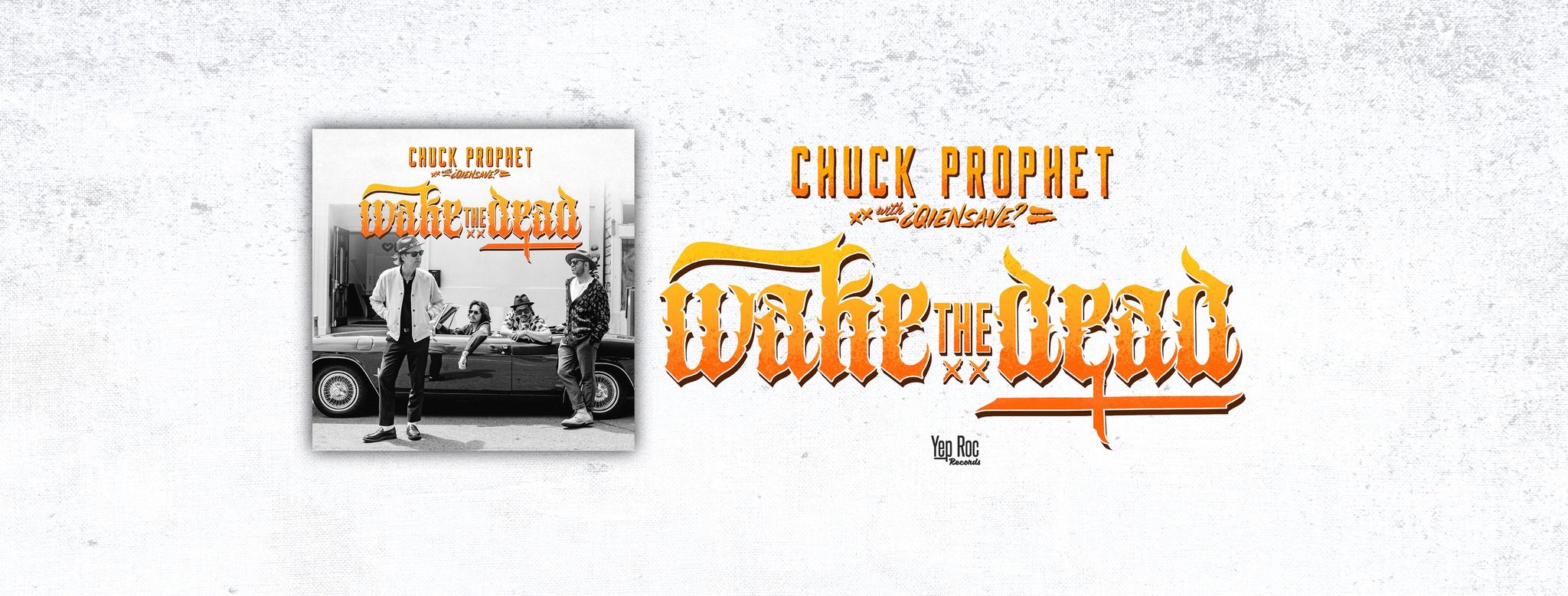

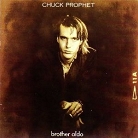



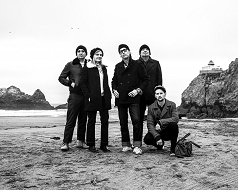
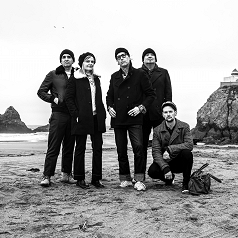
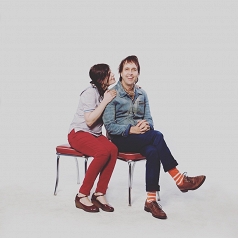
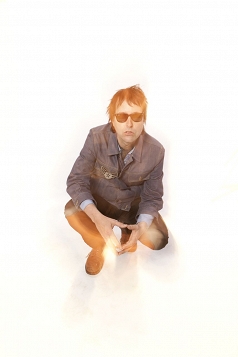
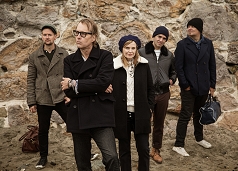
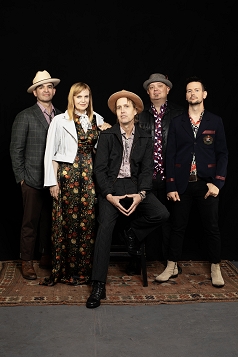
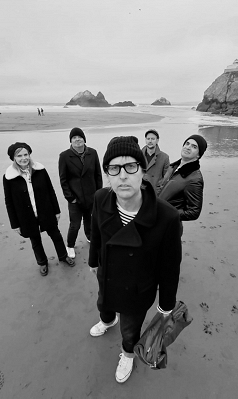
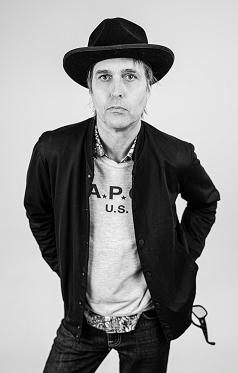
3_238_159auto_s_c1.jpeg)
